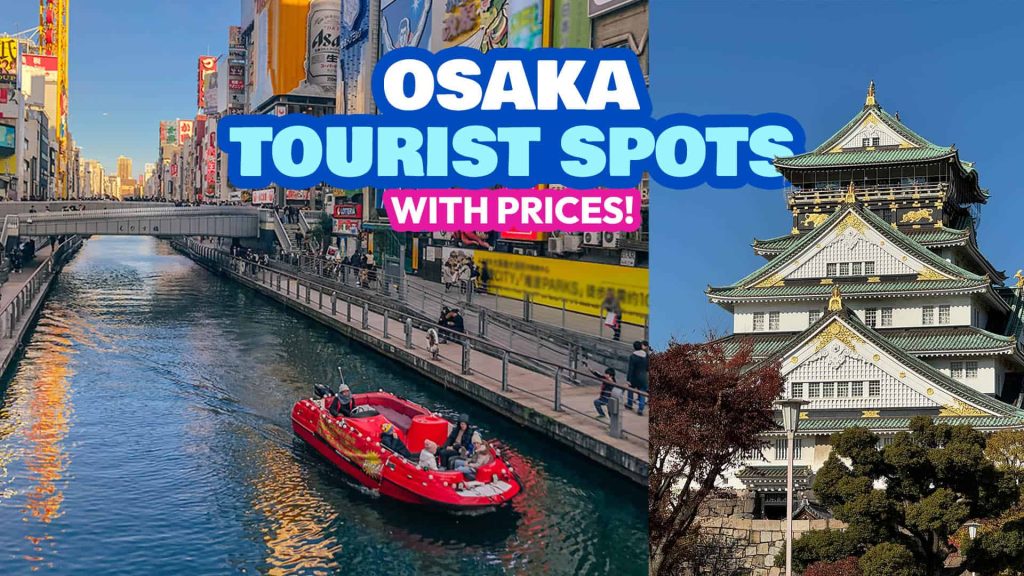All You Need to Know About Climbing Mera Peak, Nepal
Climbing Mera Peak in Nepal, standing at an impressive 6,476 meters (21,247 ft), is a dream for many hikers. Located in the remote part of the Khumbu Himalayas, this trekking peak offers a thrilling adventure and the opportunity to witness breathtaking Himalayan views. In this comprehensive guide, we will provide you with all the information you need to know about climbing Mera Peak, including trekking itineraries and a detailed day-by-day breakdown of the climb.
Mera Peak serves as an excellent introduction to high-altitude expeditions in the Himalayas, as it doesn’t require extensive technical experience. However, it does provide exposure to glacial traverses, expedition camps, and of course, high altitude. At the summit of Mera Peak and during the ascent, climbers are rewarded with awe-inspiring views of five of the world’s highest peaks in the Everest region and beyond, including Lhotse (8,516 m), Cho Oyu (8,188 m), Kangchenjunga (8,586 m), Makalu (8,481 m), and Mount Everest (8,848 m).
To help you prepare for your journey, we have included itinerary options and tips on booking a guide.
About Mera Peak
Mera Peak is part of the Mera Massif located in the Kumbu Region of the Nepal Himalaya. The massif consists of three summits – Mera North (6,476 m), Mera Central (6,461 m), and Mera South (6,065 m). With a duration of 14-18 days, climbing Mera Peak is relatively easy, making it an attractive choice for climbers. The climbing season for Mera Peak is from April to May and September to November.
The standard trekking route to the summit starts at the village of Khare and involves high-altitude glacier walking. This route typically takes 2 or 3 days, with options to stay at Base Camp (5,200 m) and Mera High Camp (5,800 m). While crampons are necessary for the glacial traverse, an ice axe is optional, as the route to the summit primarily involves walking on hard snow and ice. The peak has an Alpine Grade F (Facile, or Easy) in alpinism.
Booking a Guide for the Mera Peak Climb
As of April 1, 2023, trekkers in Nepal are required to be accompanied by a licensed guide. Therefore, it is necessary to hire a guide for the Mera Peak climb. We recommend Himalayan Masters, a reputable trekking company in Nepal run by our friend Sandip. They offer competitive pricing and provide excellent service. Use the code OLLY5 at checkout for a 5% discount on any treks or climbs in Nepal.
Mera Climbing Permits
To climb Mera Peak, a climbing permit from the Nepal Mountaineering Association (NMA) is required. Obtaining this permit can be challenging without the assistance of a trekking or climbing company. It is recommended to have your chosen company arrange the permit for you.
Itnerary Options to Khare (Mera Peak Base Camp)
There are three main trekking routes to reach Khare, the base camp for Mera Peak. The most popular itineraries include starting from Lukla via Paiya & Chutok La, starting from Lukla via Zatrwa La, or starting from Bung Mahakulung. Based on our experience, we highly recommend the Bung Mahakulung route for better acclimatization and the chance to explore beautiful villages in the lower Himalayas.
Where to Stay in Kathmandu (Thamel) Before & After the Climb
Thamel is the main tourist area in Kathmandu and offers a wide range of accommodation options to suit different budgets. It is recommended to stay in Thamel before and after your climb as it is conveniently located and provides easy access to trekking gear stores, restaurants, and other amenities.
Facilities on the Mera Peak Trek
During the Mera Peak trek, basic teahouses and lodges are available along the route. These accommodations provide meals and a place to rest. However, it is advisable to bring your own sleeping bag and sleeping pad for added comfort.
Day-By-Day Experience Climbing Mera Peak
We have provided a detailed day-by-day breakdown of our ascent of Mera Peak, including information on the journey from Kathmandu to Bung Mahakulung, the trek to Khare, acclimatization days, the summit day, and the return trek to Lukla.
Options to Continue from Mera Peak (Mera Peak to Island Peak or Baruntse)
For those seeking further adventure, there are options to continue from Mera Peak to other peaks such as Island Peak or Baruntse. These climbs require more technical skills and experience, and it is recommended to consult with your guide or climbing company to determine the feasibility and requirements.
FAQs About Climbing Mera Peak
We have compiled a list of frequently asked questions about climbing Mera Peak, covering topics such as physical fitness requirements, altitude sickness, equipment, and safety precautions. These FAQs will help address any concerns you may have before embarking on this incredible journey.
In conclusion
Climbing Mera Peak in Nepal is a remarkable experience that offers stunning views, adventure, and a taste of high-altitude expeditions in the Himalayas. With the right preparation, guidance, and determination, you can conquer this majestic peak and create memories that will last a lifetime.








